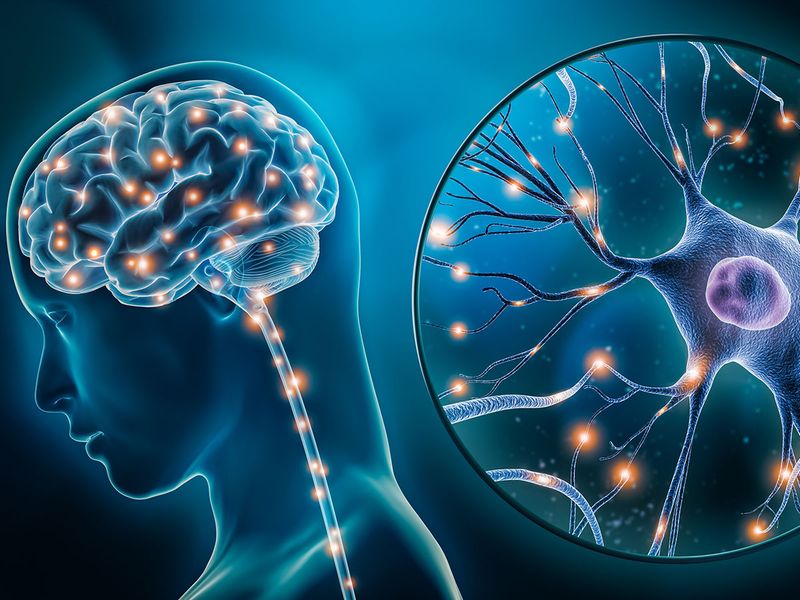
Some people retain vivid recollections of events from the past well into their 80s or later, on par with those who are 20 to 30 years younger. However, most people gradually lose their memory as they age.
Now, researchers have found that a memory-critical area of the brain may include larger-than-expected neurons in “superagers” — people 80 or older with remarkable recollections.
Brain shrinks with age
With aging, our brains naturally shrink, and memory loss follows. According to earlier studies, “superagers” also go through this process, though to a lesser degree.
Researchers have now demonstrated that superagers may have neurons in an area of the brain’s memory system known as the entorhinal cortex, that are larger than expected.

The study was recently published in New Scientist. Tamar Gefen at Northwestern University in Illinois and her colleagues took digital scans of brains donated by six superagers who died at an average age of 91.
The six superagers previously took part in ongoing research into superagers, being conducted by the Northwestern University’s Feinberg School of Medicine.
Then the images were compared with seven people who died at an average age of 89, in addition to a six individuals who died at an average of 49 — all of whom had memories that would be considered normal for their age.
Gefen is a clinical neuropsychologist with an interest in neurodegenerative disorders and trajectories of aging.
Findings
What they found was remarkable: The entorhinal cortex neurons of the superagers were around 10% larger than those of the individuals who passed away at a comparable age with a normal memory.
They also found that the neurons of the superagers were even 5% larger than those of the people who passed away 40 years younger, indicating that larger-than-ordinary neurons may help older people (at age 80 or older) with outstanding memories.
• But some people's brains age far more slowly than the typical rate. Men and women above the age of 80 with the mental faculties of those who are decades younger are known as "superagers."
• Scientists say the average person's memory peaks in their 30s and begins to decrease subsequently. Dr. Emily Rogalski of the Feinberg School of Medicine has been researching superagers for 10 years and has made some remarkable discoveries regarding their brains and lives.
• She claims that SuperAgers follow a different trajectory. When superagers are 80 or older, their brains appear to mature considerably more slowly and resemble the brains of younger people.
'Tau tangles'
More specifically, the superagers also had substantially fewer protein clumps called “tau tangles” inside their neurons than their counterparts who died at a similar age.
An abnormal build-up of tau tangles has been suggested as a cause of Alzheimer’s disease.

Gefen is not sure why larger neurons are associated with intact memory, other than the fact that they are more resistant to tau tangles. Another theory holds that they can form more perfect neural connections and have superior structural integrity.
“[The overall study] adds to the growing evidence that superagers differ from typical adults on multiple levels of the brain,” says Alexandra Touroutoglou at Harvard Medical School.
Post-mortem
Touroutoglou noted that the study's sample size is relatively modest, which is understandable. Superagers are a rare population, therefore it can be challenging to include a sizable number of them in a postmortem brain study, according to her.
Joseph Andreano, also at Harvard Medical School, said other brain regions connected to cognition have been shown to be different in size in superagers compared to people with a to-be-expected memory.












